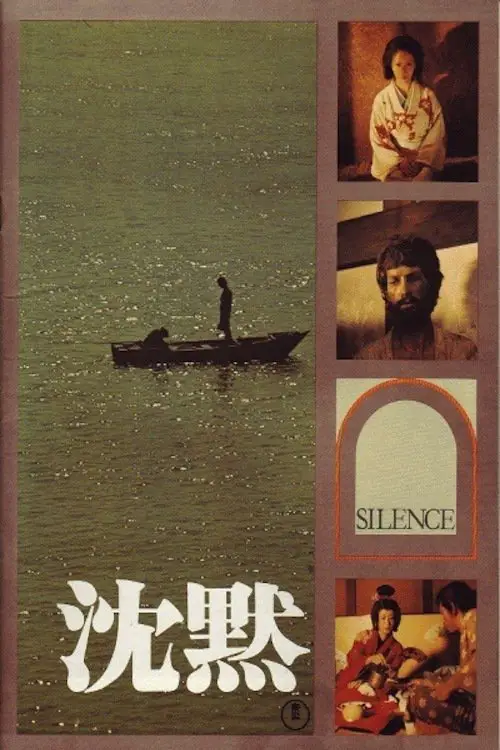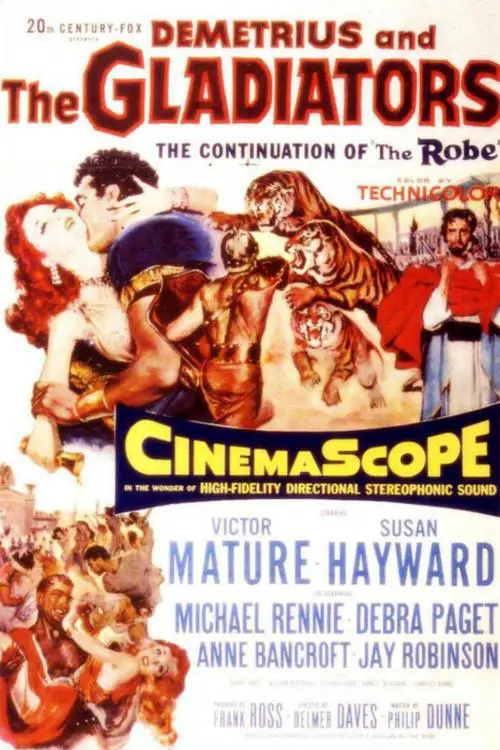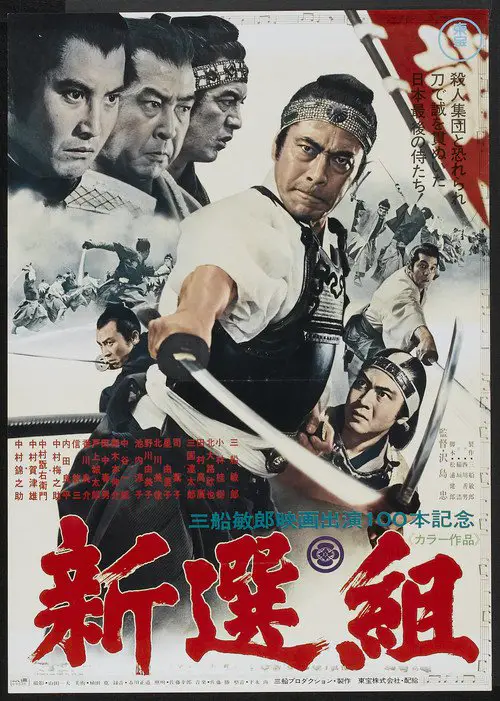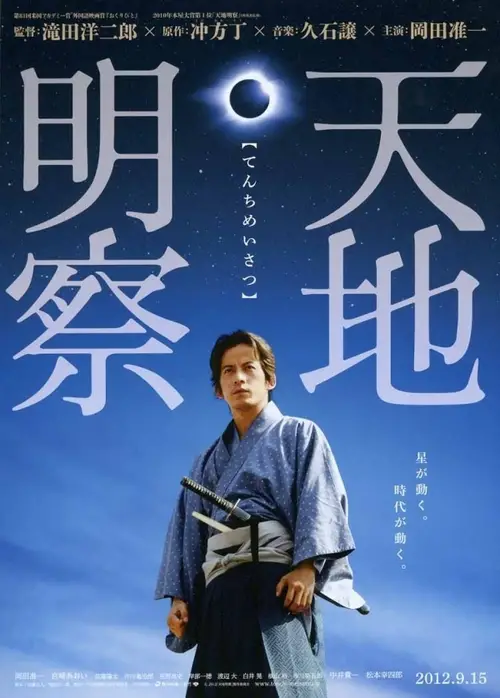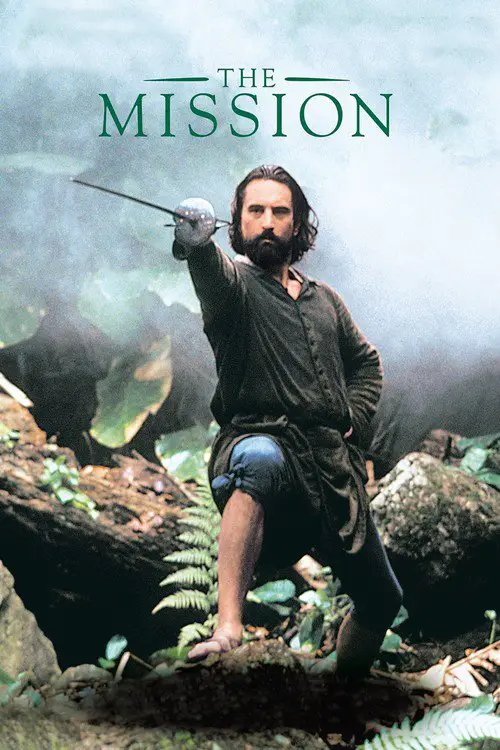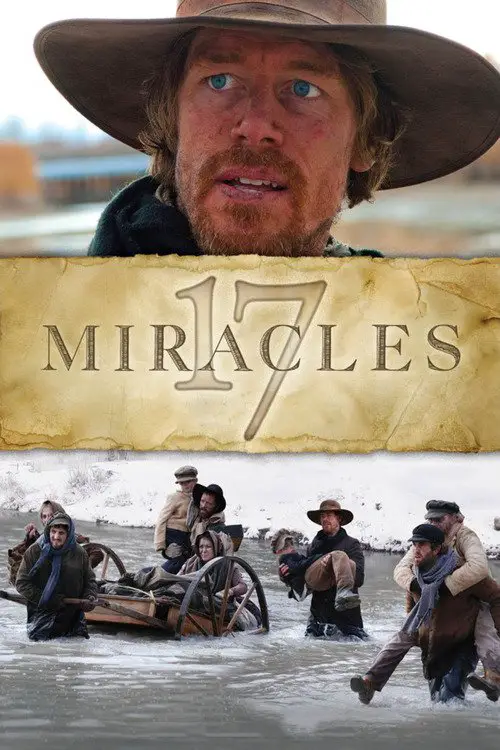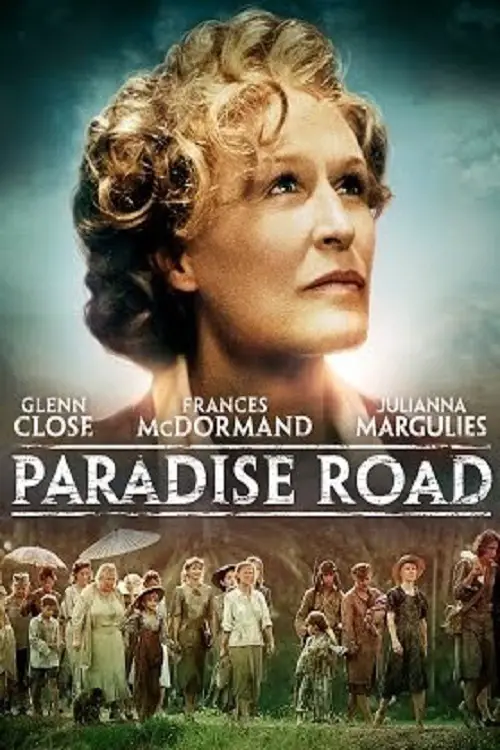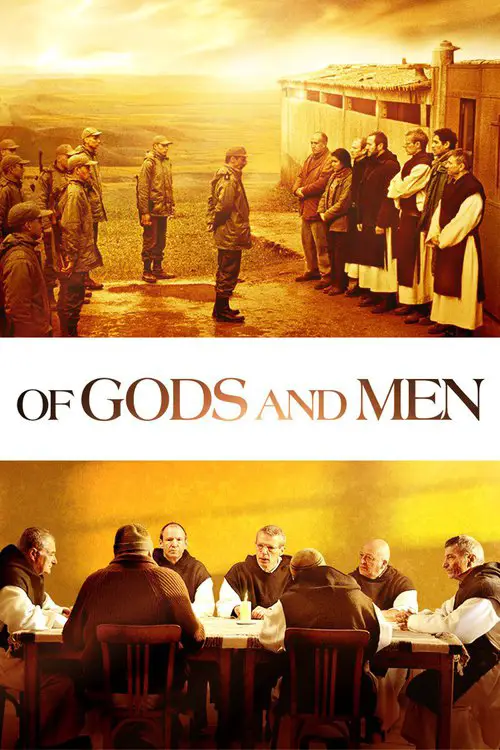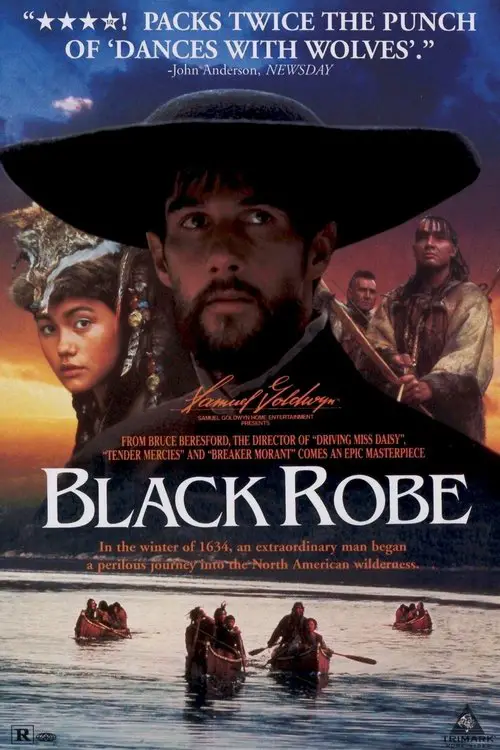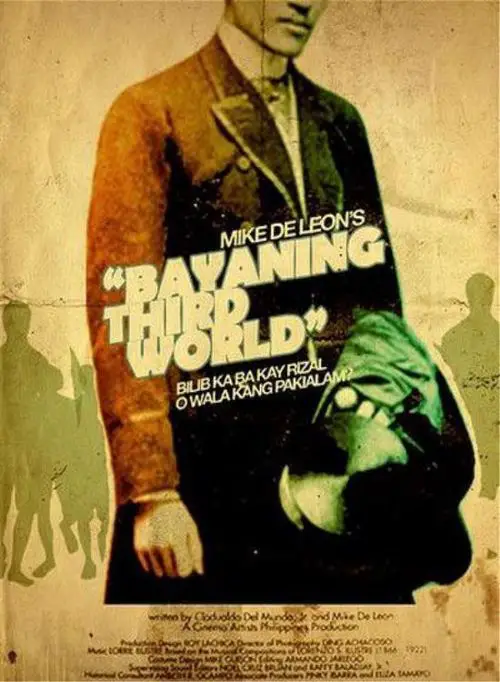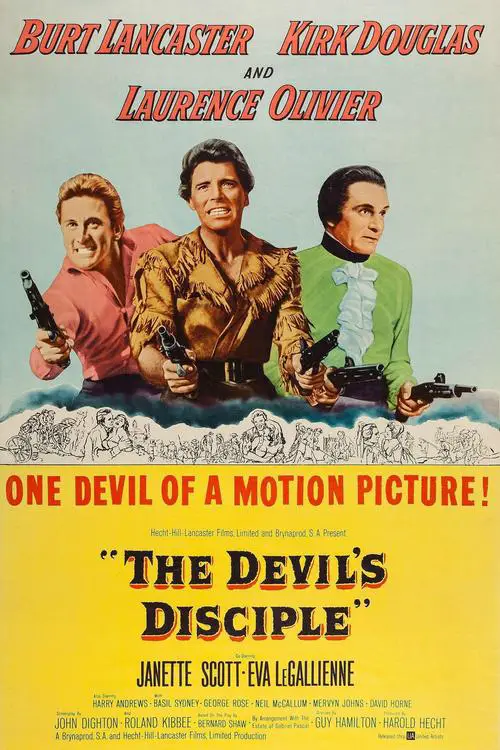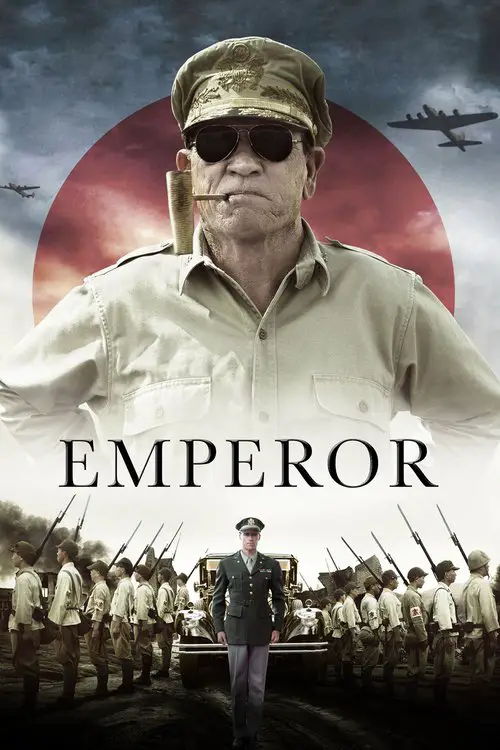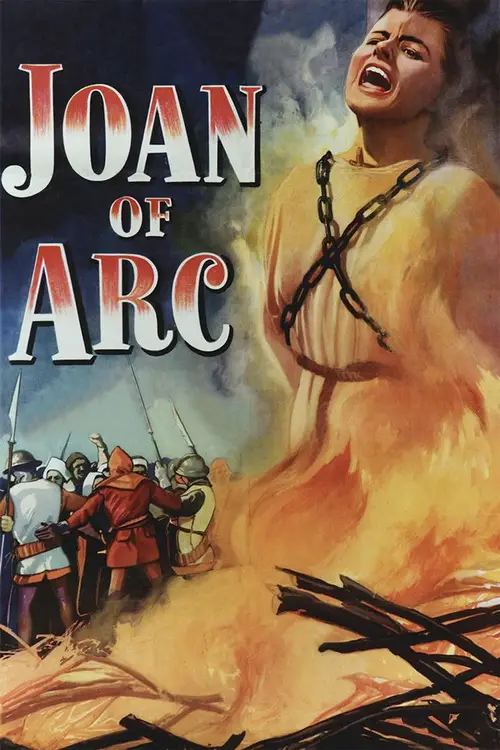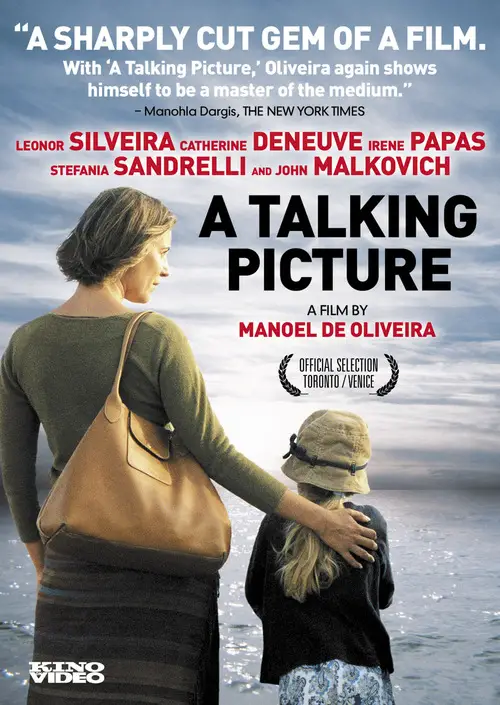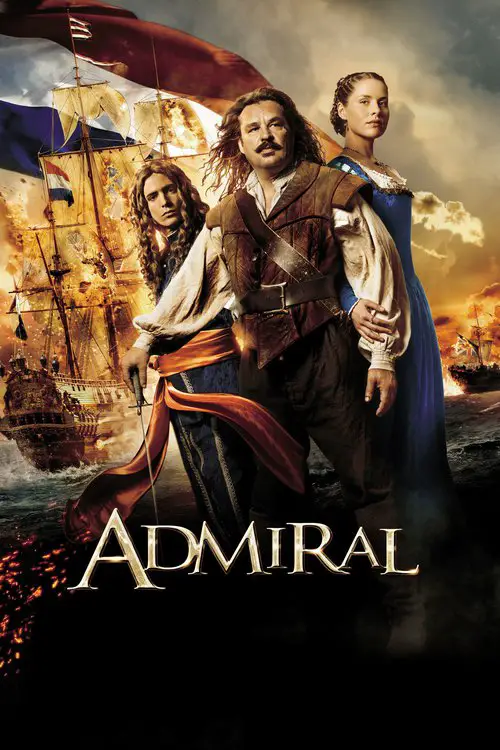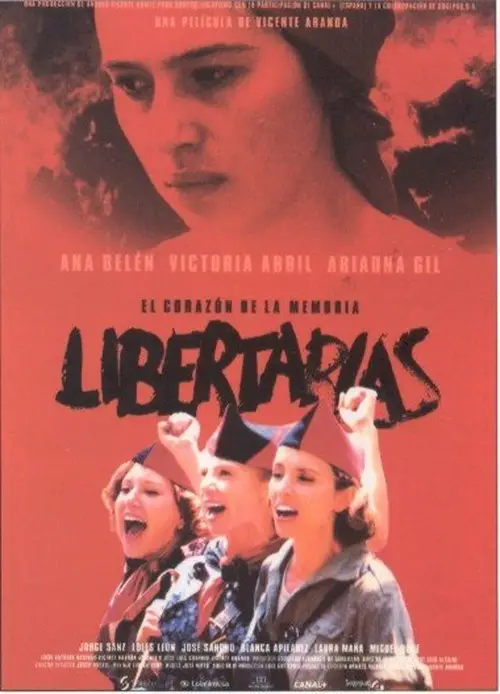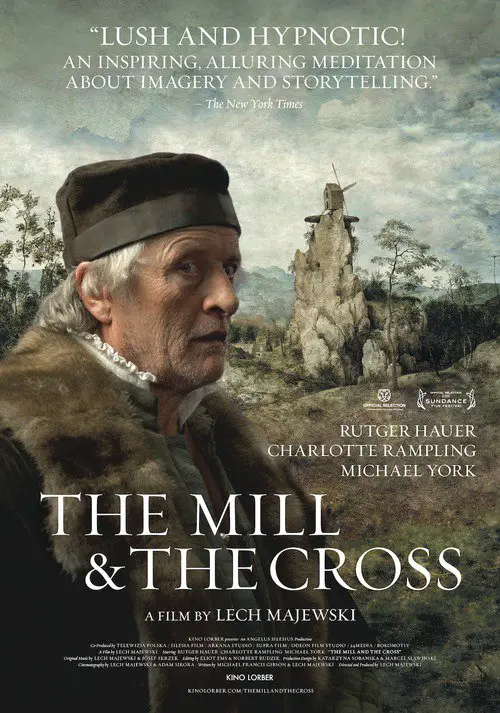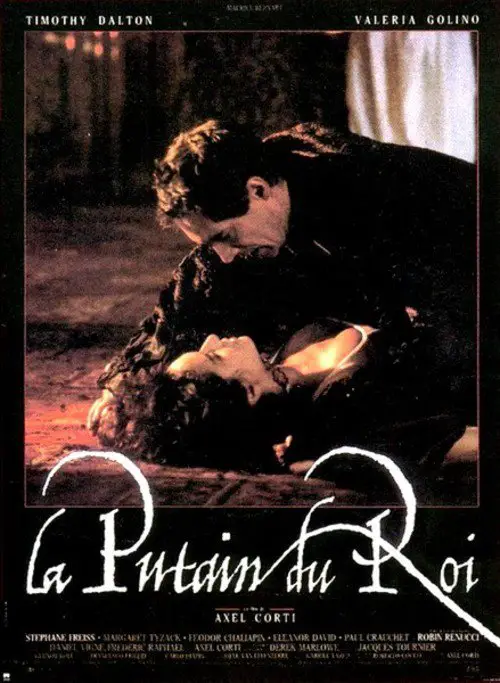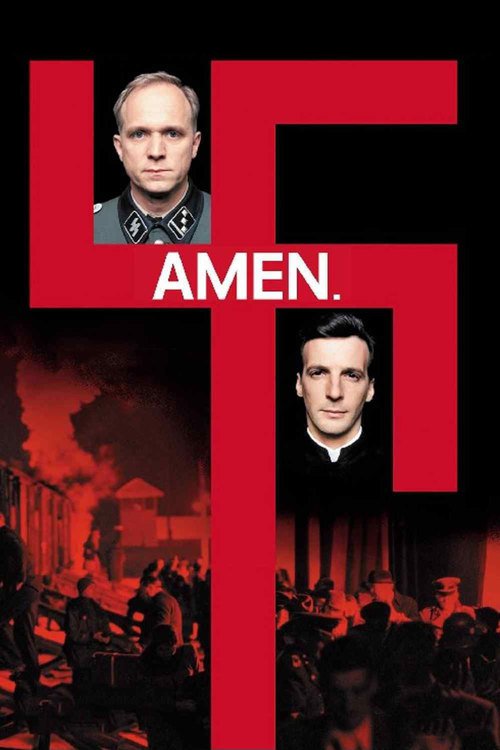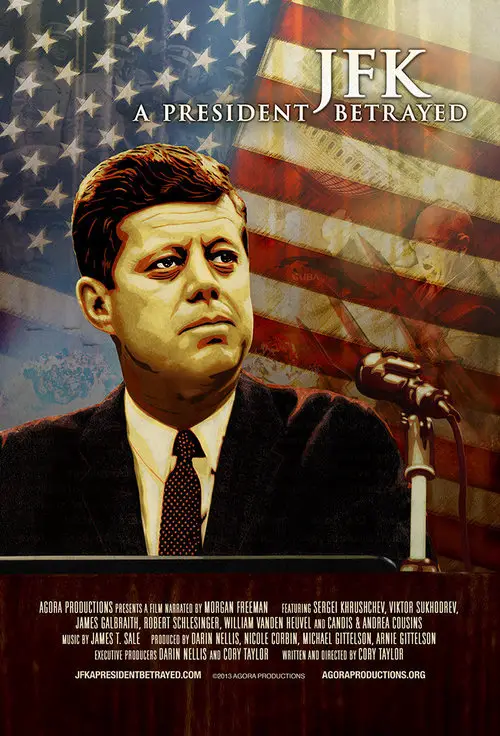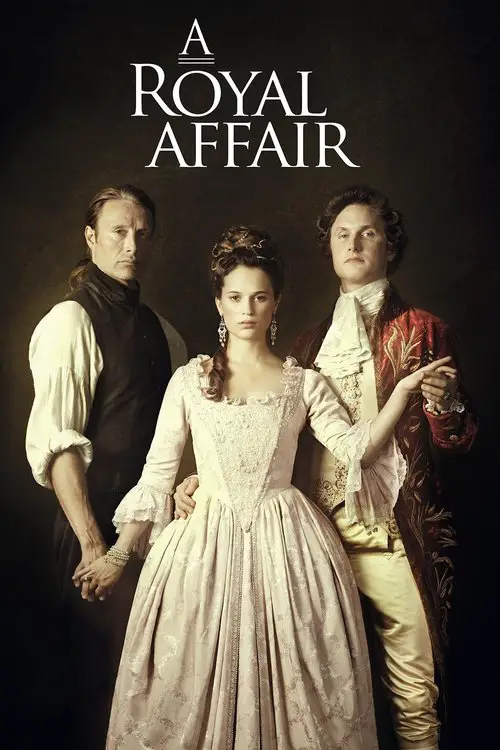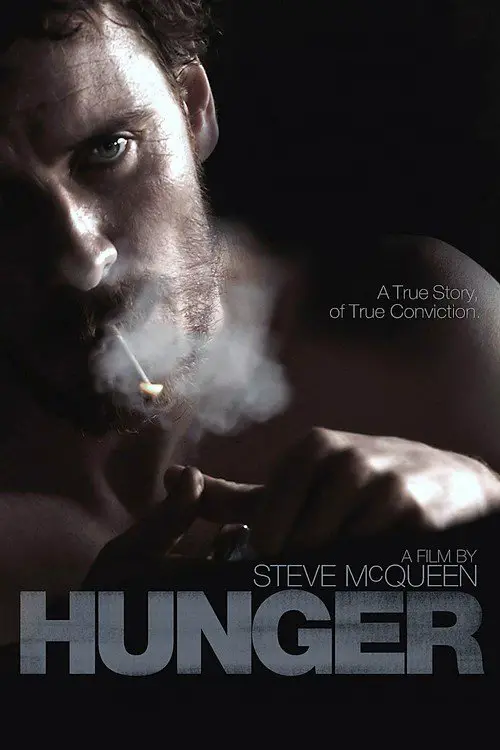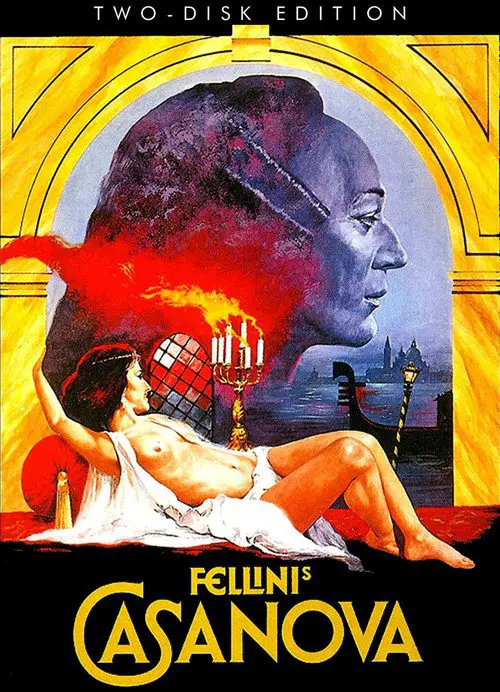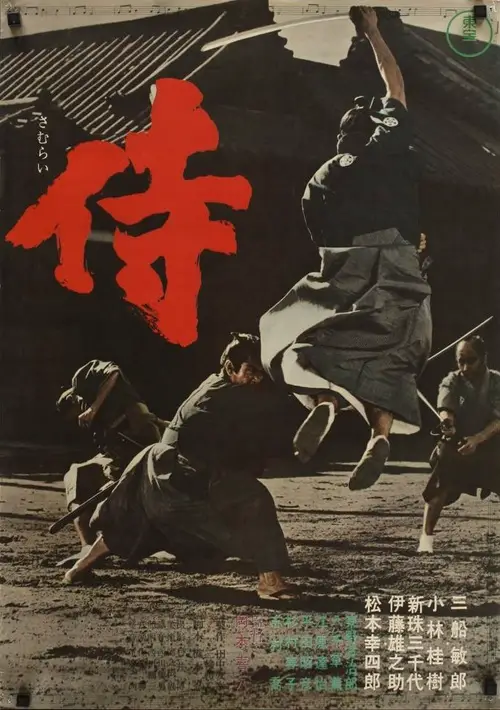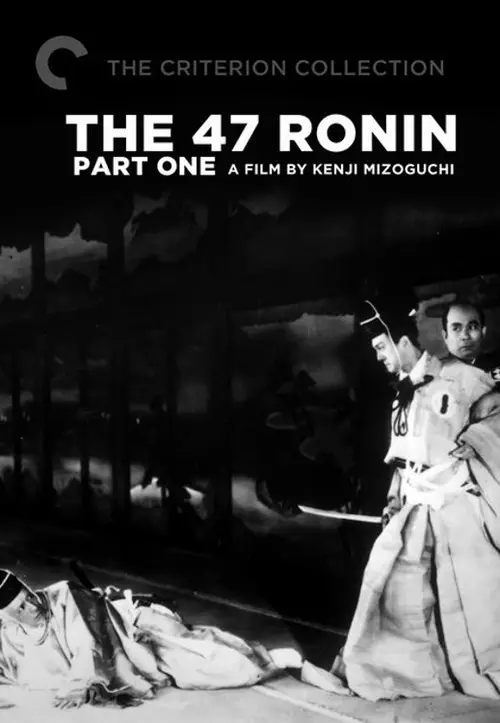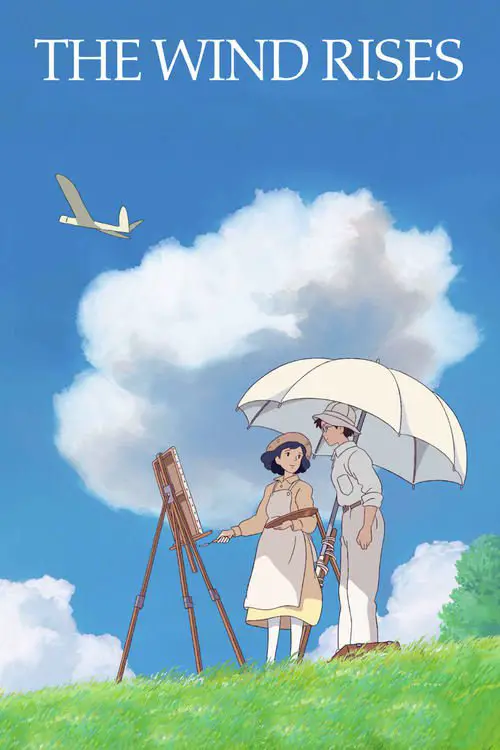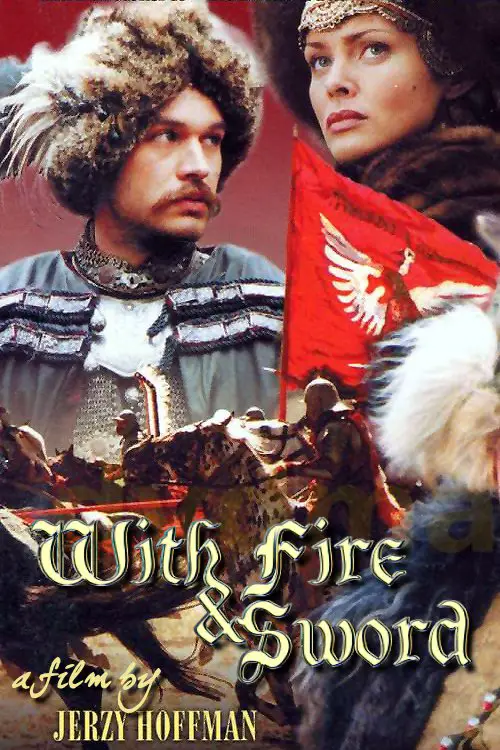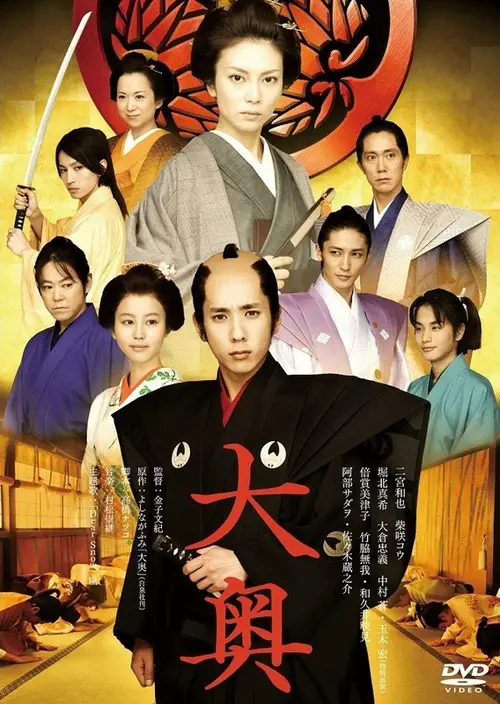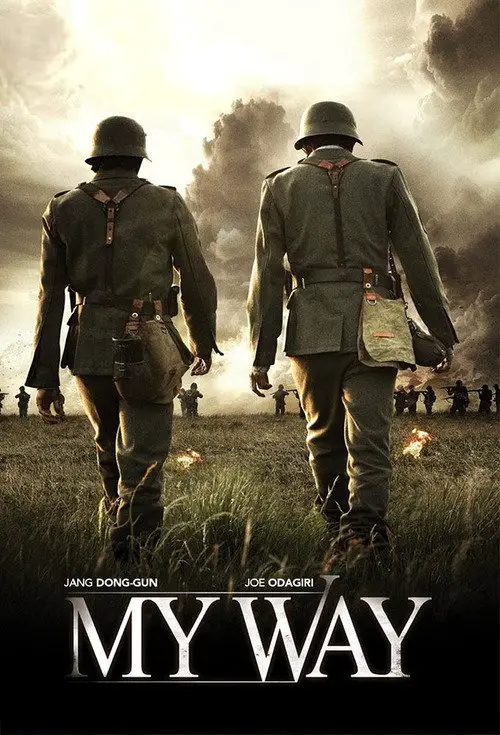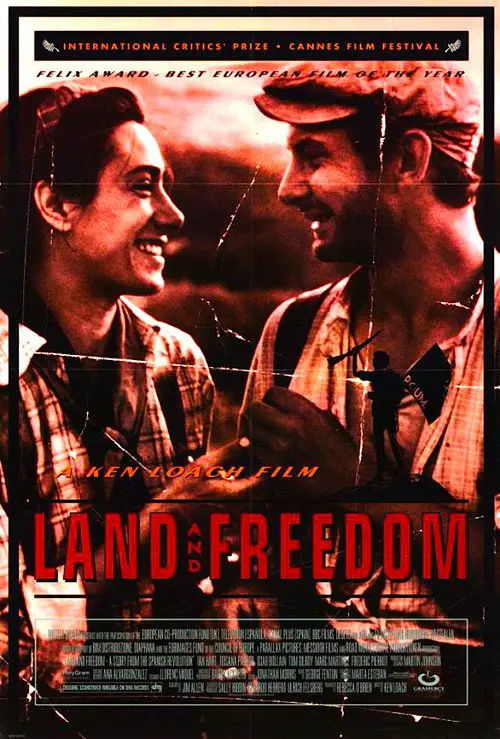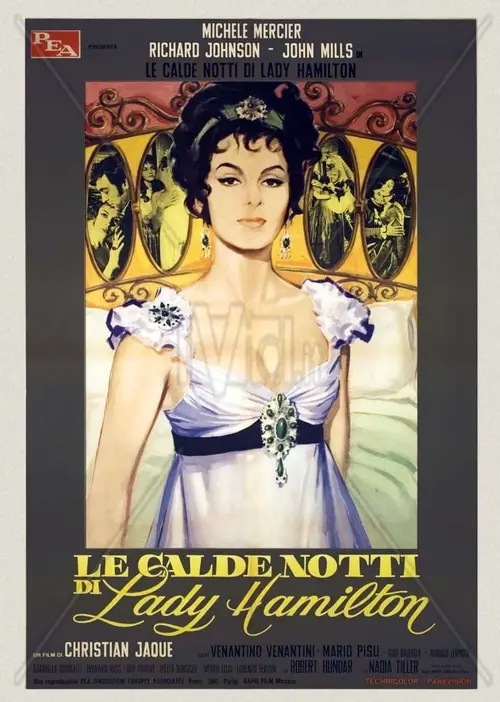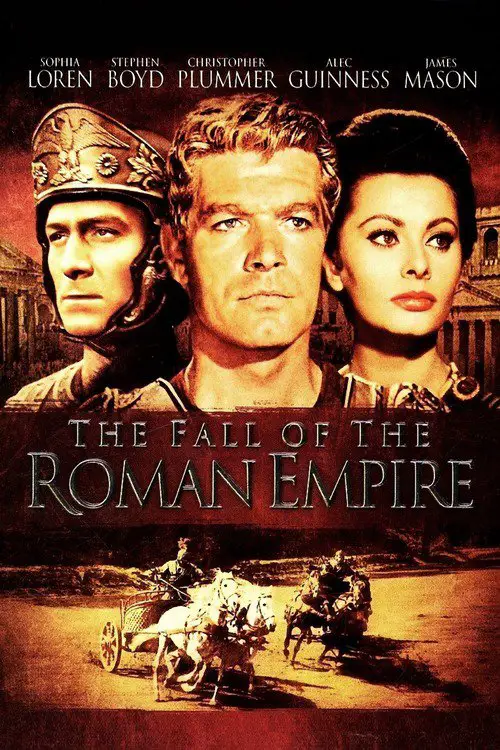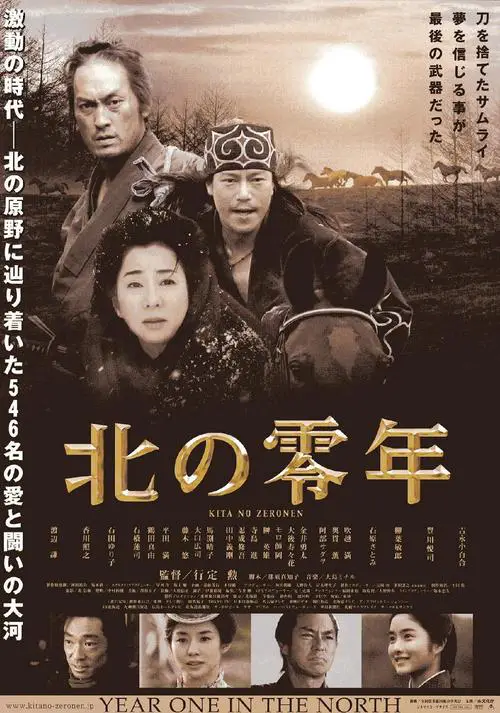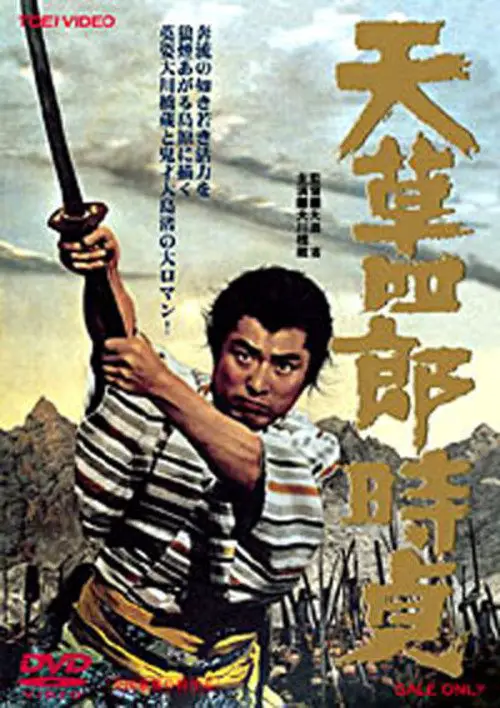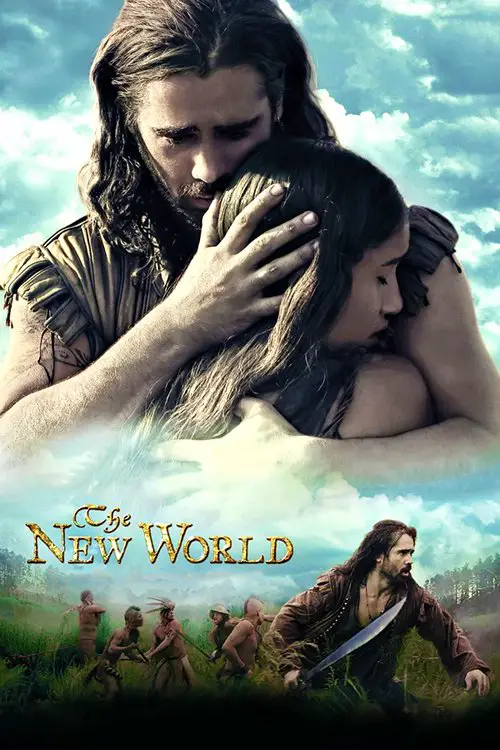Silence (2016)
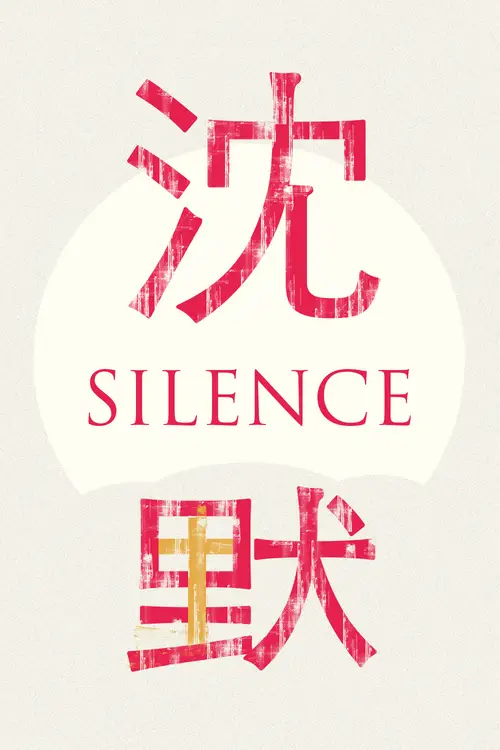
Similar movies
The story picks up at the point where "The Robe" ends, following the martyrdom of Diana and Marcellus. Christ's robe is conveyed to Peter for safe-keeping, but the emperor Caligula wants it back to benefit from its powers. Marcellus' former slave Demetrius seeks to prevent this, and catches the eye of Messalina, wife to Caligula's uncle Claudius. Messalina tempts Demetrius, he winds up fighting in the arena, and wavers in his faith.
Near the end of the nineteenth century, as the balance of power shifts from Shogunate towards the Emperor, Japan restlessly awaits the dawning of a new age. But not all are content...The Shinsengumi, a small army of samurai, farmers and peasants, band together to do battle against the tide of history. Their leader, Isami Kondo (Mifune) is a man who rises from farmer to fighter to head the fierce Shinsengumi brigade. Using a stern hand and a heart of gold, he rallies his men in defense of the tottering Shogunate. But bloodshed and treachery lurk around every corner.
A chronicle of the life of Yasui Santetsu, a 17th century master of go who turned his attention to astronomy and created a new calendar for Japan. Based on the life of Santetsu Yasui (December 27, 1639-November 1, 1715), appointed as the first official astronomer in the Edo Period and would go on to create the Jokyo calendar at the imperial request.
Jeremy Irons plays a Spanish Jesuit who goes into the South American wilderness to build a mission in the hope of converting the Indians of the region. Robert DeNiro plays a slave hunter who is converted and joins Irons in his mission. When Spain sells the colony to Portugal, they are forced to defend all they have built against the Portugese aggressors.
As part of the Willie Handcart Company, Levi Savage (Jasen Wade) feared that leaving late in the season would lead to despair and death. What he came to find out is that for every tragedy, there is a multitude of miracles. Based on unbelievable actual events, and brought to you by filmmaker T.C. Christensen (Praise to the Man, The Work and the Glory), 17 Miracles will open your eyes to the stories of the Mormon Pioneers as you have never seen them before. Something extraordinary is about to happen.
A humble and simple Takezo abandons his life as a knight errant. He's sought as a teacher and vassal by Shogun, Japan's most powerful clan leader. He's also challenged to fight by the supremely confident and skilful Sasaki Kojiro. Takezo agrees to fight Kojiro in a year's time but rejects Shogun's patronage, choosing instead to live on the edge of a village, raising vegetables. He's followed there by Otsu and later by Akemi, both in love with him. The year ends as Takezo assists the villagers against a band of brigands. He seeks Otsu's forgiveness and accepts her love, then sets off across the water to Ganryu Island for his final contest.
Paradise Road is a 1997 film which tells the story of a group of English, American, Dutch and Australian women who are imprisoned in Sumatra during World War II. It was directed by Bruce Beresford and stars Glenn Close as beatific Adrienne Pargiter, Frances McDormand as the brash Dr. Verstak, Pauline Collins as missionary Margaret Drummond (based on missionary Margaret Dryburgh), Julianna Margulies as American socialite Topsy Merritt, Jennifer Ehle as British doyenne and model Rosemary Leighton Jones, Cate Blanchett as Australian nurse Susan McCarthy and Elizabeth Spriggs as dowager Imogene Roberts. Basing his picture on real events, Bruce Beresford tells the story of a vocal orchestra created by the women in a Japanese P.O.W. camp, a classic survivors' tale extolling women's ability to survive hardship and atrocity through perseverance, solidarity and creativity.
French drama based on the 1996 kidnapping and killing of seven monks in Algeria. A group of Trappist monks reside in the monastery of Tibhirine in Algeria, where they live in harmony with the largely muslim population. When a bloody conflict between Algeria's army and Muslim Jihadi insurgents disrupts the peace, they are forced to consider fleeing the monastery and deserting the villagers they have ministered to. In the face of deadly violence the monks wrestle with their faith and their convictions, eventually deciding to stay and help their neighbours keep the army and the insurgents at bay.
In the 17th century a Jesuit priest and a young companion are escorted through the wilderness of Quebec by Algonquin Indians to find a distant mission in the dead of winter. The Jesuit experiences a spiritual journey while his young companion falls in love with the Algonquin chief's beautiful daughter underneath the imposing and magnificent mountains. Dread and death follows them upriver.
Two filmmakers try to create a film venturing on the life of Jose Rizal. Before they do that, they try to investigate on the heroism of the Philippine national hero. Of particular focus is his supposed retraction of his views against the Roman Catholic Church during the Spanish regime in the Philippines which he expressed primarily through his two novels Noli Me Tangere and El Filibusterismo. The investigation was done mainly by "interviewing" key individuals in the life of Rizal such as his mother Teodora Alonso, his siblings Paciano, Trinidad, and Narcisa, his love interest and supposed wife Josephine Bracken, and the Jesuit priest who supposedly witnessed Rizal's retraction, Fr. Balaguer. Eventually, the two filmmakers would end up "interviewing" Rizal himself to get to the bottom of the issue.
In 1942 British soldier Jack Celliers comes to a japanese prison camp. The camp is run by Yonoi, who has a firm belief in discipline, honour and glory. In his view, the allied prisoners are cowards when they chose to surrender instead of commiting suicide. One of the prisoners, interpreter John Lawrence, tries to explain the japanese way of thinking, but is considered a traitor.
In the Fifteenth Century, France is a defeated and ruined nation after the One Hundred Years War against England. The fourteen years old farm girl Joan of Arc claims to hear voices from Heaven asking her to lead God's Army against Orleans and crowning the weak Dauphin Charles VII as King of France. Joan gathers the people with her faith, forms an army and conquerors Orleans. When her army is ready to attack Paris, the corrupt Charles sells his country to England and dismiss the army. Joan is arrested, sold to the Burgundians England and submitted to a shameful political trial in Rouen castle.
A meditation on civilization. July, 2001: friends wave as a cruise ship departs Lisbon for Mediterranean ports and the Indian Ocean. On board and on day trips in Marseilles, Pompeii, Athens, Istanbul, and Cairo, a professor tells her young daughter about myth, history, religion, and wars. Men approach her; she's cool, on her way to her husband in Bombay. After Cairo, for two evenings divided by a stop in Aden, the captain charms three successful, famous (and childless) women, who talk with wit and intellect, each understanding the others' native tongue, a European union. The captain asks mother and child to join them. He gives the girl a gift. Helena sings. Life can be sweet.
At the outbreak of the Spanish Civil War, the nun Maria is forced to flee her convent. She takes refuge in a brothel, until it is liberated by a woman's anarchist group. Maria joins the group and eventually goes to the front. The women's group faces the problems of fighting not only the nationalists, but also factions on the left seeking to impose a more traditional military structure. Written by Brian Rawnsley
What would it be like to step inside a great work of art, have it come alive around you, and even observe the artist as he sketches the very reality you are experiencing? From Lech Majewski, one of Poland's most acclaimed filmmakers, The Mill and the Cross is a cinematic re-staging of Pieter Bruegel's masterpiece "Procession to Calvary," presented alongside the story of its creation.
The film "Amen." examines the links between the Vatican and Nazi Germany. The central character is Kurt Gerstein, a member of the Institute for Hygiene of the Waffen-SS who is horrified by what he sees in the death camps. Moreover, he is shocked to learn that the process he used to purify water for his troops, by using zyklon, served as a basis to kill people in gas chambers.
Based on the internationally acclaimed novel by Arthur Golden, Memoirs of a Geisha is a sweeping romantic epic set in a mysterious and exotic world that still casts a potent spell today. The story begins in the years before WWII when a penniless Japanese child is torn from her family to work as a maid in a geisha house.
The film narrates the love between Janaina and a native warrior who, when dying, takes the form of a bird. For six centuries, the story of the couple survives through four stages in the history of Brazil: 1500, when the country was discovered by the Portuguese explorers, 1800, in events during slavery; 1970, during the high point of the military dictatorship, and 2096, when there will be a war over water.
The czar of Russia has died and a power vacuum has developed. This period in the late 16th and early 17th century has been called "The Time of Troubles." There are many impostors who claim to the right to rule, but there's only one heir, the Czarina Kseniya Godunova. She has married a Polish military leader who wants to claim the Russian throne in her name so he can rule all of Russia. As the Poles move in on Moscow in an attempt to install the czarina on the throne, Andrei, a serf with a life-long infatuation of the czarina attempts to save her from her brutal Polish husband.
The familiar story of Lieutenant Bligh, whose cruelty leads to a mutiny on his ship. This version follows both the efforts of Fletcher Christian to get his men beyond the reach of British retribution, and the epic voyage of Lieutenant Bligh to get his loyalists safely to East Timor in a tiny lifeboat.
Narrated by Academy Award winner Morgan Freeman, "JFK: A President Betrayed" uncovers new evidence that reveals how JFK embarked on secret back channel peace efforts with Nikita Khrushchev and Fidel Castro and was determined to get out of Vietnam despite intense opposition inside his own government.
During the Civil War in 17th-Century England, a small group of deserters flee from a raging battle through an overgrown field. They are captured by an alchemist (Michael Smiley), who forces the group to aid him in his search to find a hidden treasure that he believes is buried in the field. Crossing a vast mushroom circle, which provides their first meal, the group quickly descend into a chaos of arguments, fighting and paranoia, and, as it becomes clear that the treasure might be something other than gold, they slowly become victim to the terrifying energies trapped inside the field.
A dramatic history of Pu Yi, the last of the Emperors of China, from his lofty birth and brief reign in the Forbidden City, the object of worship by half a billion people; through his abdication, his decline and dissolute lifestyle; his exploitation by the invading Japanese, and finally to his obscure existence as just another peasant worker in the People's Republic.
February 17 to March 3, 1860, inside Edo castle. A group of assassins wait by Sakurada Gate to kill the lord of the House of Ii, a powerful man in the Tokugawa government, which has ruled Japan for 300 years. They suspect a traitor in their midst, and their suspicions fall on Niiro, an impoverished ronin who dreams of samurai status, and Kurihara, an aristocratic samurai who befriends Niiro. Niiro longs to identify his father, knowing he is a high-ranking official who will disclose himself only if Niiro achieves samurai status. With American ships in Japan's harbors, cynicism among the assassins, and change in the air, Niiro resolves to reach ends that may prove ephemeral.
Lord Asano resists a bribery attempt by a member of the Shogun's court. His honesty, however, is useless against the corruption of the administration, and he is forced to commit harakiri. His samurai retinue are dispersed as masterless ronin. The leader of the samurai, Oichi, plots with a loyal band of ronin to seek revenge for their master's dishonor.
The Wind Rises is the 11th animated theatrical film directed by Hayao Miyazaki at Studio Ghibli. Based on Miyazakiâs own manga and the 1937 short novel of the same name by Tatsuo Hori, this is the story of JirÅ Horikoshi, the aircraft engineer most remembered for his design work on the Mitsubishi A6M Reisen âZeroâ, Japanâs famous World War II fighter aircraft. During the WWII years, the Miyazaki family business manufactured aircraft parts, including the windshields and rudders used on the Zero.
Nathan Algren is an American hired to instruct the Japanese army in the ways of modern warfare -- in this lush epic set in the 1870s, which finds Algren learning to respect the samurai and the honorable principles that rule them. Pressed to destroy the samurai's way of life in the name of modernization and open trade, Algren decides to become an ultimate warrior himself and to fight for their right to exist.
In the year 1716 a mysterious epidemic stickens men in the country of Japan, dropping the population of men to 1/4th of its prior state. With the drastic reduction of men, the gender roles have become reversed in Japan. Woman become the dominant members of society and males are sought out for the ability to produce children. A young man named Unoshin Mizuno (Kazunari Ninomiya) hopes to marry childhood sweetheart Onobu (Maki Horikita), but due to class differences realizes this is almost impossible. To raise his social status and also save his poor family, Unoshin Mizuno enters the Ohoku (inner chambers of the Shugun's castle) and attempts to vie among 3,000 other men for the affection of the female shogun. What Unoshin Mizuno quickly learns about the Ohoku is that the men there are all beautiful, but highly ambitious and conniving. In this environment, the 7th shogun Tokugawa passes away and the new shogun Yoshimune Tokugawa (Kou Shibasaki) takes the thrown and enters the Ohoku.
Inspired by a true story. Jun Shik works for Tatsuo's grandfather's farm while Korea is colonized by Japan, but he has a dream to participate in Tokyo Olympics as a marathon runner. Tatsuo also aims to become a marathon runner, so the two are in rivalry. But war breaks out and they both are forced to enlist in the army. Tatsuo becomes the head of defense in Jun Shik's unit and he devises a scheme but fails. Jun Shik and Tatsuo are captured by the Soviets. They run away but soon are captured by Germans and forced to separate. In 1944, they meet again at the shores of Normandy.
The movie narrates the story of David Carr, an unemployed worker and member of the Communist Party of Great Britain. In 1936 he decides to fight for the Republican side in the Spanish Civil War, an anti-fascist coalition of liberals, communists and anarchists. Similar to George Orwell's experiences documented in Homage to Catalonia, he joins the POUM worker militia and witnesses first hand the betrayal of the Spanish revolution by the Stalinists, loyal only to the dictat of Moscow.
Emma Hamilton is a 1968 historical drama film directed by Christian-Jaque and starring Michèle Mercier, Richard Johnson and John Mills.[1] It was based on the novel La San-Felice by Alexandre Dumas and depicts the love affair between Emma Hamilton and Horatio Nelson. It was a co-production between Italy, West Germany, France and the United States.
During the Boer War, three Australian lieutenants are on trial for shooting Boer prisoners. Though they acted under orders, they are being used as scapegoats by the General Staff, who hopes to distance themselves from the irregular practices of the war. The trial does not progress as smoothly as expected by the General Staff, as the defence puts up a strong fight in the courtroom.
In 1868, after the fall of the Shogun-dominated Japan, the new government orders people from Awaji, near Kobe, to re-locate to the northern part of Hokkaido. These people once supported the now displaced Samurais of the older days. After two years, over 500 of them settled in their new land under the leadership of Hideaki, husband of Shino. However, as crops fail he is to go to Sapporo to learn new techniques of farming, leaving his wife and daughter for 5 years. All this time, the new community is constantly watched by the government which choose to again uproot them from their new homes.
City of Life and Death takes place in 1937, during the height of the Second Sino-Japanese War. The Imperial Japanese Army has just captured the then-capital of the Republic of China, Nanjing. What followed was known as the Nanking Massacre, or the Rape of Nanking, a period of several weeks wherein tens of thousands of Chinese soldiers and civilians were killed.
In the year of our Lord 1678, Sweden is plagued by countless wars and a dysfunctional royal rule. One night, the young and devout Nils losing everything he holds dear and tragedy drives him on a quest for vengeance. It will be a raid, which makes him snap cock and participate in one of Scandinavia's bloodiest wars ever free!
© Valossa 2015–2026
| Privacy Policy
